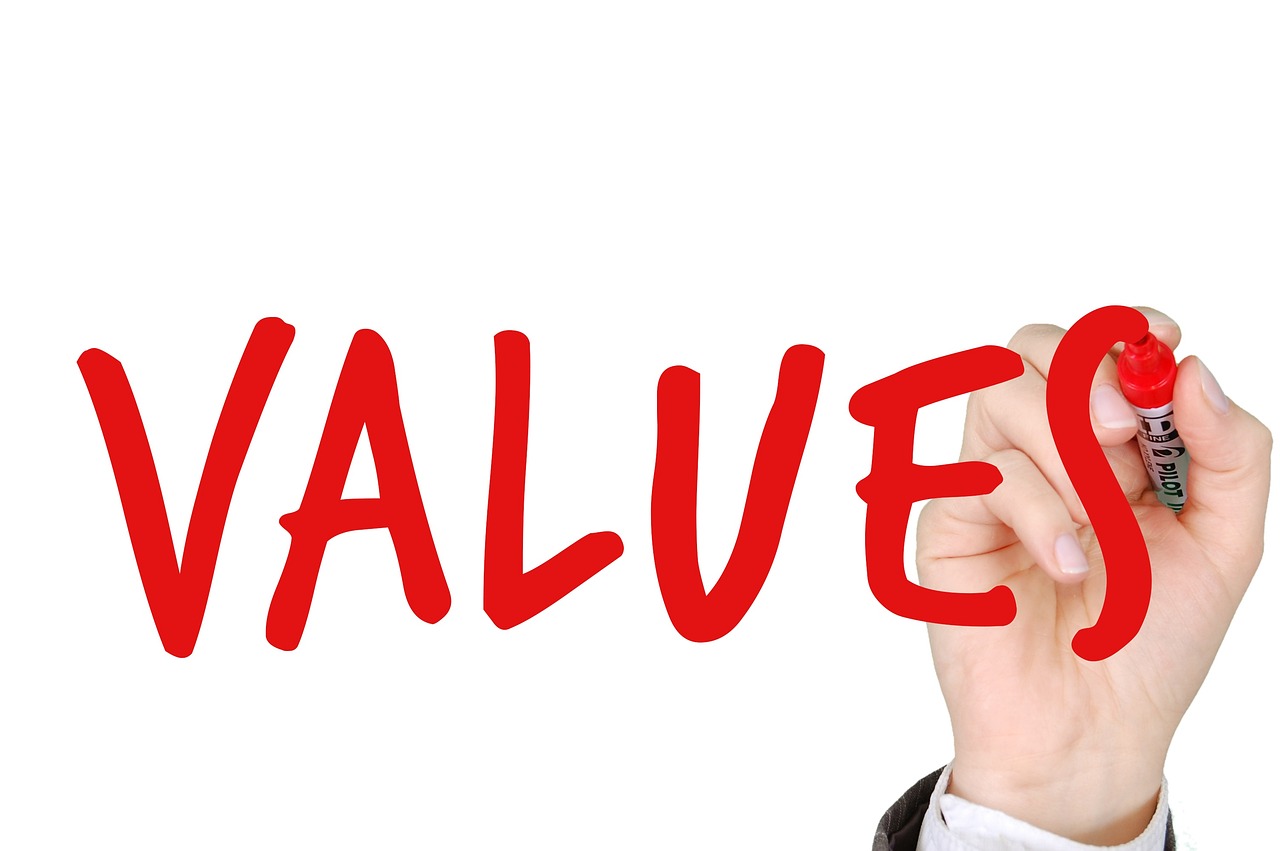Understanding the Power of Employee Recognition and Rewards Programs
Employee recognition is a fundamental aspect of fostering a positive and productive work environment. When employees feel appreciated for their contributions, they are more motivated to perform at their best. Recognition can come in various forms, such as verbal praise, awards, or even simple gestures of appreciation, but the key is to make it genuine and consistent.
Moreover, employee recognition not only boosts morale but also increases employee engagement and retention. Recognizing employees for their hard work and achievements reinforces a culture of appreciation within the organization. This, in turn, leads to higher job satisfaction, improved teamwork, and ultimately, better overall performance.
Benefits of Implementing Rewards Programs
Implementing rewards programs in the workplace can greatly boost employee motivation and productivity. By offering incentives such as bonuses, gift cards, or even extra time off, employees are more likely to feel valued and appreciated for their hard work. This can result in increased job satisfaction and lower turnover rates within the organization.
Furthermore, rewards programs can also help foster a positive work environment and improve overall team morale. When employees are recognized and rewarded for their contributions, it creates a culture of acknowledgment and appreciation. This not only benefits individual employees but also strengthens the collaboration and camaraderie among team members, leading to a more cohesive and high-performing workforce.
What is the importance of employee recognition?
Employee recognition is essential for boosting morale, increasing productivity, and improving job satisfaction. Recognizing employees for their hard work can lead to higher levels of engagement and retention.
What are some benefits of implementing rewards programs?
Rewards programs can help motivate employees, increase job satisfaction, improve teamwork, and enhance overall productivity. These programs can also help attract top talent and reduce turnover rates.
How can rewards programs impact company culture?
Rewards programs can foster a positive company culture by promoting a sense of appreciation and recognition among employees. This can lead to increased loyalty, collaboration, and a sense of belonging within the organization.
Are rewards programs only beneficial for large companies?
No, rewards programs can benefit companies of all sizes. Whether you have a small team or a large workforce, implementing a rewards program can help drive performance, boost morale, and enhance employee satisfaction.
How can companies tailor rewards programs to fit their specific needs?
Companies can customize rewards programs to align with their unique goals, values, and budget. By offering a variety of incentives such as bonuses, recognition awards, or professional development opportunities, companies can create a program that resonates with their employees.







